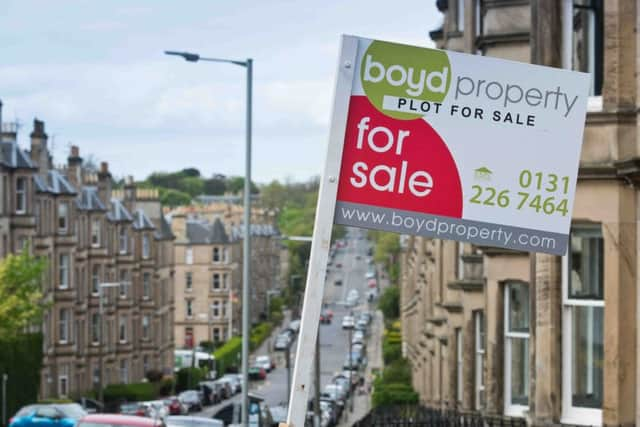UK house prices expected to rise by 6% in 2016


Economists are tipping property values to lift by between 3% to 6% generally across the UK next year, while some regional city hotspots could see stronger price growth.
The continued shortage of homes for buyers to choose from, coupled with strong demand for properties on the back of schemes such as Help to Buy, will keep pushing property values in an upwards direction next year, experts believe.
Advertisement
Hide AdAdvertisement
Hide AdA looming three percentage point stamp duty hike for buy-to-let investors could help get housing market activity off to an early start in 2016, as people rush to beat the deadline.
This could mean aspiring first-time buyers, who often are often looking for properties at the cheaper end of the market which would also appeal to landlords, may increasingly finding themselves competing with investors in the coming weeks.
Office for National Statistics (ONS) figures show that average house prices have already hit a new record high of £287,000 across the UK in October.
Meanwhile, the Royal Institution of Chartered Surveyors (Rics) has reported the supply of new homes on the market falling back to record lows in 2015.
And a recent report compiled by the Centre for Economics and Business Research (Cebr) predicted UK property values will be 50% or around £139,000 higher in 10 years’ time than they are now.
Cebr’s research, carried out for the National Association of Estate Agents (NAEA) and the Association of Residential Letting Agents (Arla), said that by 2025, the average property price in London could be £931,000.
Richard Donnell, director of research at property analysts Hometrack, expects house prices to increase by around 4% across the UK next year - with particular potential for price growth in vibrant cities outside London with strong jobs sectors, such as Manchester, Leeds, Birmingham and Glasgow.